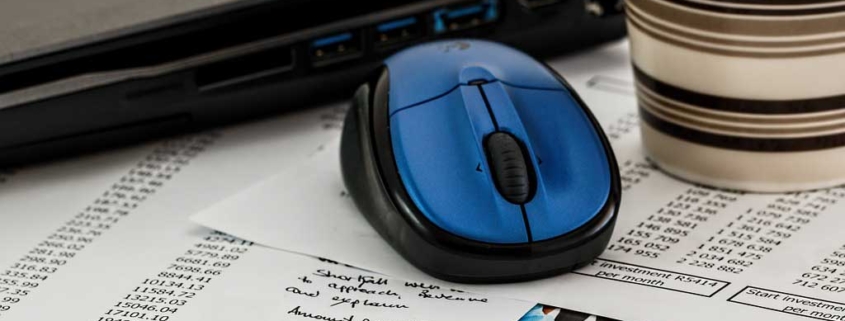VAT Issues
VAT is an issue that many businesses have to take into consideration, although the recent rise in the VAT threshold from £64,000 to £67,000 has given small businesses some extra breathing space.
The current standard rate of VAT is 17.5 percent. This applies to the vast majority of goods and services. There are though a few exceptions. Here is a list of some of them;
- Children’s clothes
- Food (although this does not include confectionary, food eaten in cafes or takeaways and hot food purchased from take aways)
- Books and newspapers
- The construction of buildings
- Transport in vehicles that have a capacity of 10 or less
- Medicines
Paying VAT on time can sometimes prove difficult for businesses that have cash flow problems. The increasing culture of credit chasing in the country means paying VAT on invoices that have not yet been paid can be too much of a financial burden. For this reason, we recommend that businesses use the cash accounting system of paying VAT only on invoices that have been paid. This though is not an option if the annual turnover is in excess of £1.35 million.
Alternatively “the flat rate scheme” can be used where there is an annual turnover of up to £100,000. This allows VAT to be paid at a flat rate based upon what a likely VAT return would show.
- HMRC Investigate Fraudulent Job Retention Scheme Claims - June 17, 2020
- Worldwide Disclosure – HMRC and Living Overseas - May 21, 2019
- UK Tax Loan Scheme for Pilots Still Up in the Air - March 20, 2019
Ricky worked as an Investigator in the Inland Revenue for over 20 years before founding Steedman & Company in 1987, giving him the experience and knowledge that enabled him to help so many clients over the years.
His appearance on a Channel 4 television programme about the inside workings of Revenue and Customs was watched by 4.1m which sealed his status as one of the most highly respected tax consultants to ever work in Scotland.
Ricky led all tax investigation and COP 9 cases, using his extensive knowledge to help people reach a positive resolution to their situation.
Ricky passed away suddenly and unexpectedly in June 2022 after leaving his indelible mark on the company he founded and headed for over 35 years.
